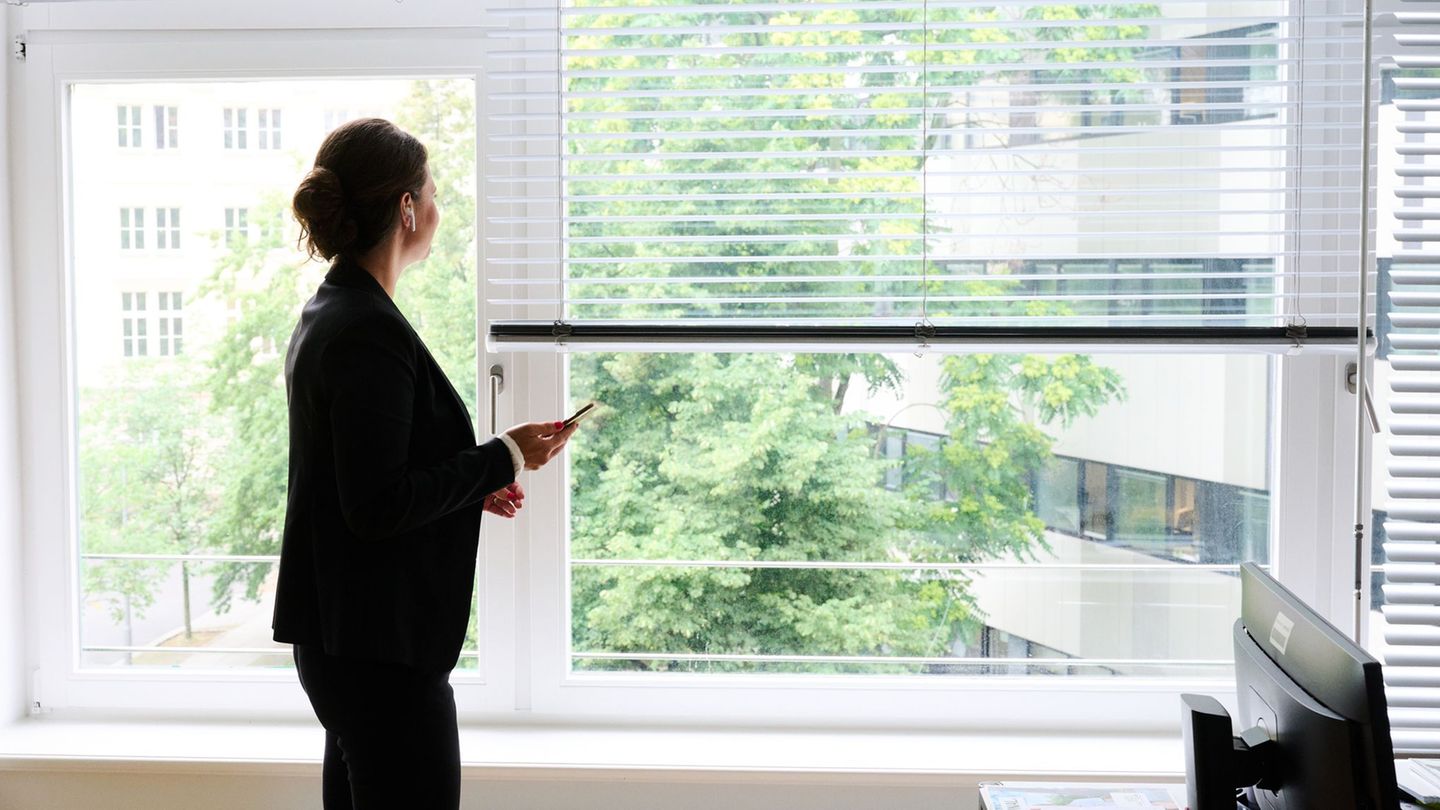The topic of daycare and school closures was discussed particularly emotionally during the pandemic. A study that has now been completed brings politicians to a contrite conclusion.
According to Federal Health Minister Karl Lauterbach, the daycare closures in the first corona waves were unnecessary. “The closing of daycare centers is definitely not medically appropriate and, according to today’s knowledge, would not have been necessary to the extent that we did it back then,” said the SPD politician on Wednesday in Berlin.
“There will be no more closures of this kind.” Lauterbach spoke on the occasion of the publication of the final report of the “Corona-Kita-Studie” together with Federal Minister for Family Affairs Lisa Paus (Greens).
The study, funded by both ministries and carried out by the German Youth Institute and the Robert Koch Institute, ran from summer 2020 to June of this year. The effects of infections and corona measures on child day care, children and families were examined from different perspectives.
Lauterbach: Assigning blame doesn’t help
In retrospect, Lauterbach, who was not yet Minister of Health at the time of the closures but was involved in important decisions as an SPD health expert in the joint government with the Union, said he did not believe in assigning blame. The federal government and the federal states had decided that together at the time. Now, with new knowledge, one has come to the conclusion that it would not have been necessary. You have to use that to think ahead.
Paus said children have often suffered less from the virus itself than from the consequences of the containment measures during the pandemic. “In the future, the well-being of the child must be the top priority.” According to the study, children who could benefit most from early childhood education and support are particularly hard hit by the consequences of the containment measures. “Daycare centers with a high proportion of children from socially disadvantaged families now have almost twice as much support needs for language, motor skills and social and emotional development than before the pandemic.”
In the study, data from the facilities on the incidence of infection and closures was regularly collected. It was determined how often children of daycare age contract corona, how susceptible they are to the virus and how severe the course of the disease is. In addition, day-care center managers, specialists and parents were asked about their experiences with corona protection measures, the care situation and possible psychosocial stress. A follow-up telephone survey was also about whether and to what extent infected children had or had to deal with symptoms for a longer period of time – keyword Long Covid.
Some results:
The number of infections found in daycare centers tended to follow those in society as a whole rather than vice versa. The incidence consistently remained below the incidence in older children and adolescents. “Day care centers were not sources of infection,” said Lauterbach. He spoke of transmission rates in daycare centers that were well below average compared to families. Children of daycare age who were infected with Corona usually showed few or no symptoms, most commonly a cold. The proportion of children treated in hospital was low compared to older age groups. A follow-up survey showed that previously infected daycare children did not have long-term symptoms more often than children without corona infection from the same daycare center. However, this finding must be examined further in larger studies. The lowest value was measured in January 2021, when only 45 percent of the children were cared for compared to the time before Corona. The parents surveyed in the study assessed the well-being of their children as lower if they were unable to use their usual day care due to the closure phases. Parents affected by daycare failures said they had more stress, especially single parents and families in which both parents were employed of protective measures such as the obligation to wear masks, parental bans or regular tests. In spring 2022, 43 percent of the daycare managers saw an increased need for support in language development, 46 percent in motor development and 58 percent in the socio-emotional development of their children. The proportion was higher in settings with a larger proportion of children from disadvantaged backgrounds.
Source: Stern
David William is a talented author who has made a name for himself in the world of writing. He is a professional author who writes on a wide range of topics, from general interest to opinion news. David is currently working as a writer at 24 hours worlds where he brings his unique perspective and in-depth research to his articles, making them both informative and engaging.




